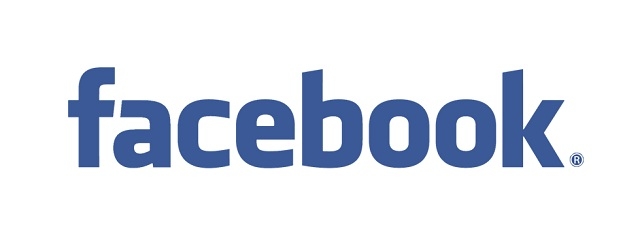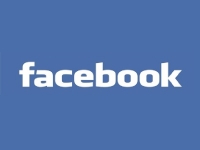Technology
FACEBOOK DISLIKE BUTTON BECOMING HOLLYWOOD CELEBRITIES NIGHTMARE
CHALLENGES IN MEASURING MARKETABILITY

(Source: Facebook)
As Facebook users brace the advent of a 'dislike' button, celebrities and studios face new risks in measuring their marketability. They will become vulnerable to a wide range of feedback. Mark Zuckerberg has announced that it will be an alternative to the 'like' button, he is considered as one of the most influential man in online today. Currrently, Facebook is so much more conducive to baby photos, viral hoaxes, and false cheer than it is to intelligent discussion of news and ideas.
The company has been exploring a way for users to easily convey emotions like surprise, laughter, or empathy. Its algorithms optimize for 'engagement', which includes posts, likes, clicks, shares, and comments. Among the metrics Facebook does not optimize for : exchange of ideas, critical thinking, objective truth. Seing dislikes on other's posts might dissuade you from mindlessly liking them yourself. Seeing dislikes on your own posts might make you think harder about what you are sharing.
So, recently, Founder and Chief Executive Mark Zuckerberg made the announcement during a Q & A session streamed live online from Facebook headquarters in Menlo Park (California). In recent years, Mark Zuckerberg started responding to popular demand from Facebook users who say 'like' does not fit certain status updates and situations. Facebook is close to unveil a button or buttons such as 'sympathize' or a series of buttons that convey support, solidarity or other positive emotions.
This could be problematic for projects that arrive to the marketplace already battling lowered expectations. There are also consequences for Mark Zuckerberg's site. If there's a possibility that Facebook could sink the financial or cultural success of a project, who would give up their ad dollars ? It could come to hurt established individual brands. If a fashion or beauty label came calling for an endorsement deal and a star is among the most 'disliked' on Facebook, it could hit the purse strings. Social media followings have become as important as screen tests in landing a job.
For a polarizing comic or offbeat actor, having a volume 'dislikes' could put the person in a country as an unknown but it can also prove the ability to resonate with audiences.
This issue matters because Facebook has become the largest driver of trafic to news and opinion sites around the web. And because its algorithms are more influential in determining what people see than any editor on the planet. And the like button now influences not only the distribution of news, but how it's produced and framed. When Twitter was ablaze with debates about race, the use of force, the militarization of the police,... Facebook was drowing in diverse challenges such as ice bucket challenge. Two different views.
This issue matters because Facebook has become the largest driver of trafic to news and opinion sites around the web. And because its algorithms are more influential in determining what people see than any editor on the planet. And the like button now influences not only the distribution of news, but how it's produced and framed. When Twitter was ablaze with debates about race, the use of force, the militarization of the police,... Facebook was drowing in diverse challenges such as ice bucket challenge. Two different views.
Ruby Bird Facebook Mark Zuckerberg Dislike Button Hollywood Celebrities Nightmare Marketability Challenge Feedback Users Critical Thinking Objective Truth Exchange Of Ideas
Liability for this article lies with the author, who also holds the copyright. Editorial content from USPA may be quoted on other websites as long as the quote comprises no more than 5% of the entire text, is marked as such and the source is named (via hyperlink).






